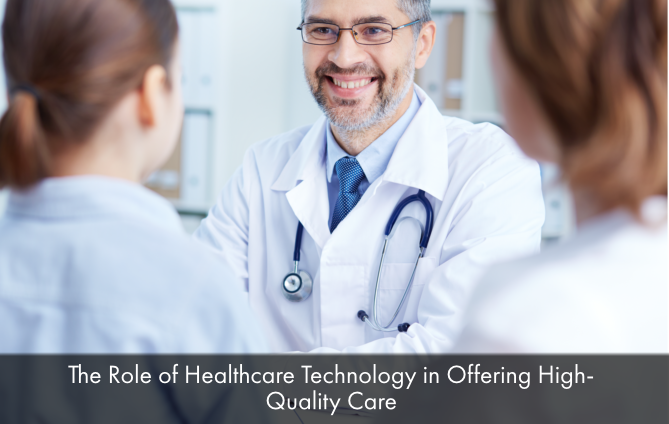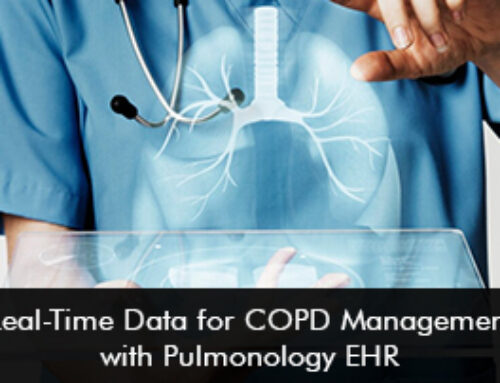Healthcare technology is bliss for medical practices and hospital systems as it has helped them to streamline administrative, clinical, and financial procedures. With integrated Electronic Medical Records (EMR) Software solutions, even the smallest clinics can work effectively to improve patient outcome levels. Medical billing, physician documentation, charting, and patient scheduling can take a lot of time. By deploying digital tools to automate these tedious processes doctors can focus on taking care of their patients.
Technology and Advancement
Health information being integrated with robust EHR software systems and Practice Management (PM) software solutions have facilitated doctors to stay updated in real-time about important patient data including; medical history, medications, and past allergies. Hospitals in the United States are now connected to these powerful software systems which allow for seamless transfer of data through technology advancements of interoperability which leads to efficient care and improved patient outcome levels.
How does Technology add Value to Patient Care?
Technology innovations have revolutionized the way practices operate providing them a better window of opportunity to offer care to their patients. Patients also expect their doctors to use healthcare technology to improve their care services in the fast-moving world of today.
- Electronic Medical Records Software systems – Practices are leveraging EMR software systems that help in medical diagnosis and treatment. The advanced features of automatic alerts in the software systems help to enhance patient safety and reduce the chances of any errors associated with hand-written prescriptions. The physician documentation process is simplified through tools of voice recognition which automatically records patient encounters, thereby allowing the doctor to provide undivided attention to their patient.
- Telemedicine Platform – The Telemedicine EMR Software platform has helped in the current crisis of the COVID-19 pandemic. Telemedicine has helped clinicians to reach out to patients remotely to curb the spread of the virus. Virtual sessions are effective to quickly diagnose and treat mild symptoms of the virus and provide ongoing care to patients with other underlying health conditions such as diabetes and blood pressure. Patients can easily schedule telemedicine sessions with their healthcare provider without having to travel down to the clinic, which also reduces costs.
- Improved medical billing – Medical billing is complex and healthcare providers can’t invest their time into tedious financial procedures. The Billing Services (EMR) Software system healthcare providers don’t have to worry about claims being rejected. With accurate and effective medical billing and coding, the issue of denied claims is taken care of and practices are paid faster. Patients are also satisfied with precise billing operations.
- Remote patient monitoring tools – Remote patient monitoring tools help patients to monitor their health at home which helps to save costs by reducing trips to the doctor. Remote monitoring tools are great for patients with chronic illnesses, these powerful tools send data to remote health centers and any alarming situations can be avoided. These tools greatly help to enhance the quality of life.
- Improved communication – Communication is important between the patient and the healthcare provider. The Patient Portal platform facilitates seamless communication between providers and patients through HIPAA compliant two-way messaging. Patients can message round the clock and can receive medical guidance without having to wait on the phone. The patient portal software also allows patients to pay online and fill out in-take forms which save their time in the waiting room. The portal is a convenient and fast way to link up patients and physicians. Many hospitals and clinics offer web portals that can be used by patients to access their results within a few hours. Patient portals can also be used by patients to view their medical records and keep track of appointments and billing, this makes them feel on top of their healthcare process which is important to improve patient outcome levels.
Bottom Line
By leveraging healthcare technology and software solutions healthcare providers and organizations can provide patient-centered care and support their decision-making process as accurate data is available at their fingertips. Technology is the only sustainable solution to enhance patient diagnosis, treatment, and care process.







